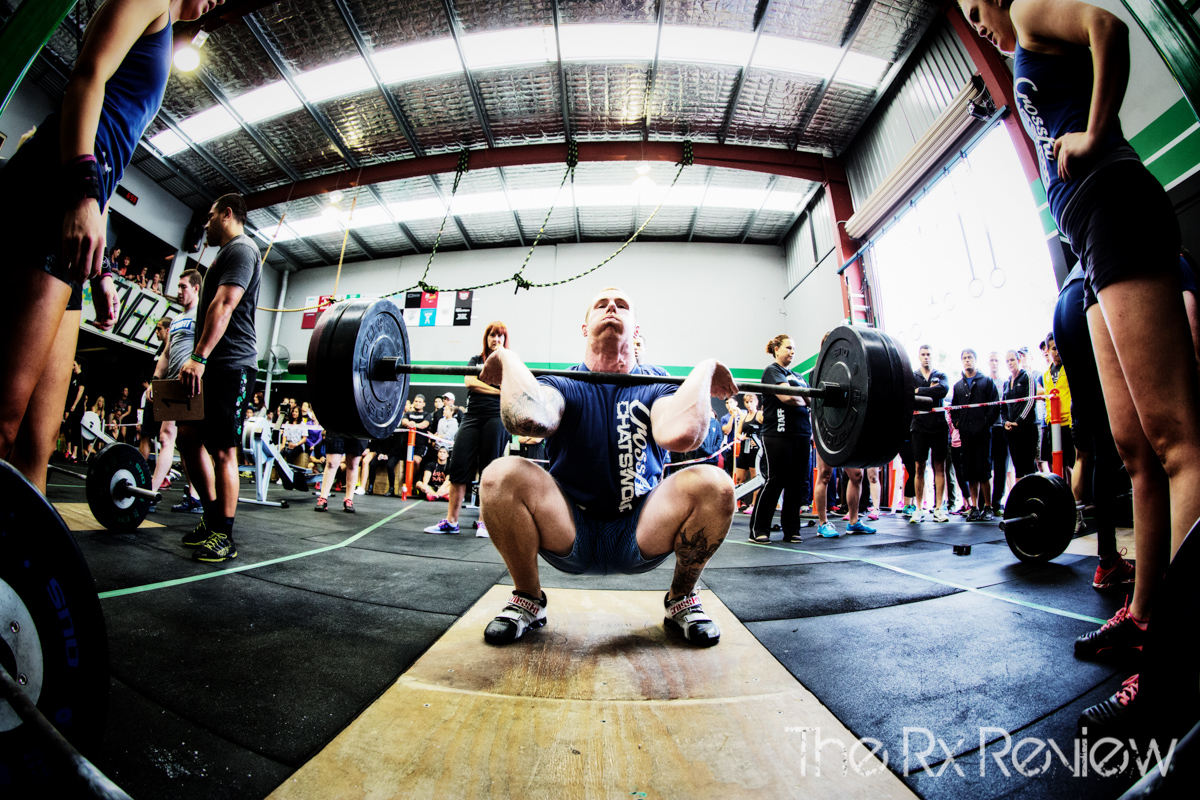
Addiction is a struggle that affects all genders, however, the journey of men in healing has been largely overlooked. Men are faced with unique obstacles and triggers as they strive to make positive life changes — from the shame of being stigmatized for seeking help to battling internal resistance to accepting recovery strategies. With this blog post, we will break down how addiction can impact men differently and dive into tangible tips and strategies on how these same individuals can manage their mental health through sobriety and continued growth.
Understanding the Basics of Addiction and Healing
Addiction is a complex issue that affects millions of people across the globe. Whether it stems from substance abuse or a behavioral disorder, addiction can take a serious toll on a person’s physical health, mental well-being, and social relationships. However, understanding addiction is the first step toward healing. Healing from addiction requires a comprehensive approach that addresses the underlying factors that contribute to the issue. This could include therapy, support groups, medication-assisted treatment, or a combination of these interventions. While the road to recovery can be challenging, it is possible for individuals struggling with addiction to regain control of their lives. With the right resources, support, and mindset, the journey to healing and wellness can begin. When it comes to treating addiction, there is no one-size-fits-all approach. Each individual’s journey and experience with addiction are unique and should be treated as such.
Exploring the Journey to Recovery and its Challenges
The journey to recovery can be both exhilarating and challenging. For those who have experienced addiction, the road to recovery can present barriers that seem insurmountable at times. Overcoming addiction is an ongoing process that requires a significant amount of patience and resilience. The process of recovery can be a lonely experience, and individuals in recovery may find themselves battling against relapse triggers, negative thoughts, and self-doubt. It is important to remember that the journey to recovery is not linear.
There are peaks and valleys, and it is essential to stay committed to the path to reaching better health. With support and guidance, those on the journey to recovery can overcome adversity and learn useful coping mechanisms to manage challenges when they arise. If you or someone you know is on this journey, it is crucial to seek out reliable resources such as therapy, support groups, and positive outlets for self-expression.
Examining the Role of Family and Friends in the Healing Process
The healing process can be a challenging journey, but the presence of a strong support system can make all the difference. Family and friends play a critical role in this journey, offering emotional support, encouragement, and a listening ear when needed. They can also provide practical assistance, such as helping with transportation or attending appointments. However, it is also essential to set boundaries and maintain healthy relationships during this time. For example, loved ones may need to participate in therapy sessions or support groups to learn how they can best support their recovering family member or friend. Additionally, it is important for individuals in recovery to communicate their needs and boundaries clearly to their loved ones to maintain a healthy and supportive relationship.
Taking Steps to Rebuild a Healthy Lifestyle
We all go through rough patches in our lives, and for individuals recovering from addiction, this can be an even more challenging time. However, the healing process also presents an opportunity to rebuild a healthy lifestyle that supports overall well-being. This could include incorporating regular exercise into one’s routine, eating a balanced diet, practicing mindfulness and self-care techniques, and reconnecting with hobbies or passions. Building healthy habits is essential in recovery as it can help individuals maintain a positive mindset and cope with stress in a healthier way. It is also important to seek out support from peers or professionals who have gone through similar journeys as they can provide valuable guidance and inspiration for building a healthy lifestyle. If you or someone you know is on the path to recovery, remember that progress takes time, and every small step towards a healthier lifestyle counts.
Finding Professional Resources
When embarking on a journey towards recovery, it is essential to have access to the right resources and support. This could include therapy sessions with a licensed mental health professional, joining support groups, or seeking medication-assisted treatment. Seeking support from professionals can provide individuals with the necessary tools and strategies for managing their addiction and maintaining good mental health. These resources can also offer a safe space for individuals to express their thoughts and feelings without fear of judgment. It is important to remember that seeking help is a sign of strength, not weakness, and should be embraced as an essential step towards healing.
Developing Self-Care Strategies for Long-Term Sobriety
Developing self-care strategies is essential for anyone looking to attain long-term sobriety. Apart from seeking professional support and assistance, individuals must learn to take care of themselves and make positive changes in their lifestyles. It’s important to focus on healthy habits, such as incorporating physical activities, following a balanced diet, and getting enough sleep. Practicing mindfulness and engaging in activities such as meditation and yoga can help reduce stress and promote overall well-being. Additionally, creating a supportive network of family and friends can be beneficial in one’s journey towards sobriety. By prioritizing self-care, individuals can develop the resilience and coping skills necessary to maintain a happy and fulfilling life without the use of drugs or alcohol. When facing challenges, it is crucial to remember that self-care is not selfish but necessary for long-term sobriety and overall wellness.
Healing from addiction is a long and difficult path, and there is no one-size-fits-all answer. It requires immense strength to create meaningful change in your life, but it’s far from impossible. To support yourself along your healing journey, seek out professional aid and positive relationships that are rooted in understanding and compassion. Take time to practice healthy self-care habits, while recognizing the importance of patience and persistence as you navigate the challenges of recovery. Remember that the most essential element of your work lies within yourself–no one else can do this for you–as you strive towards achieving long-term sobriety. As hard as it may be, never give up! When you have faith in yourself and confidence in your goals, nothing can stop you from reaching them


















Follow Us